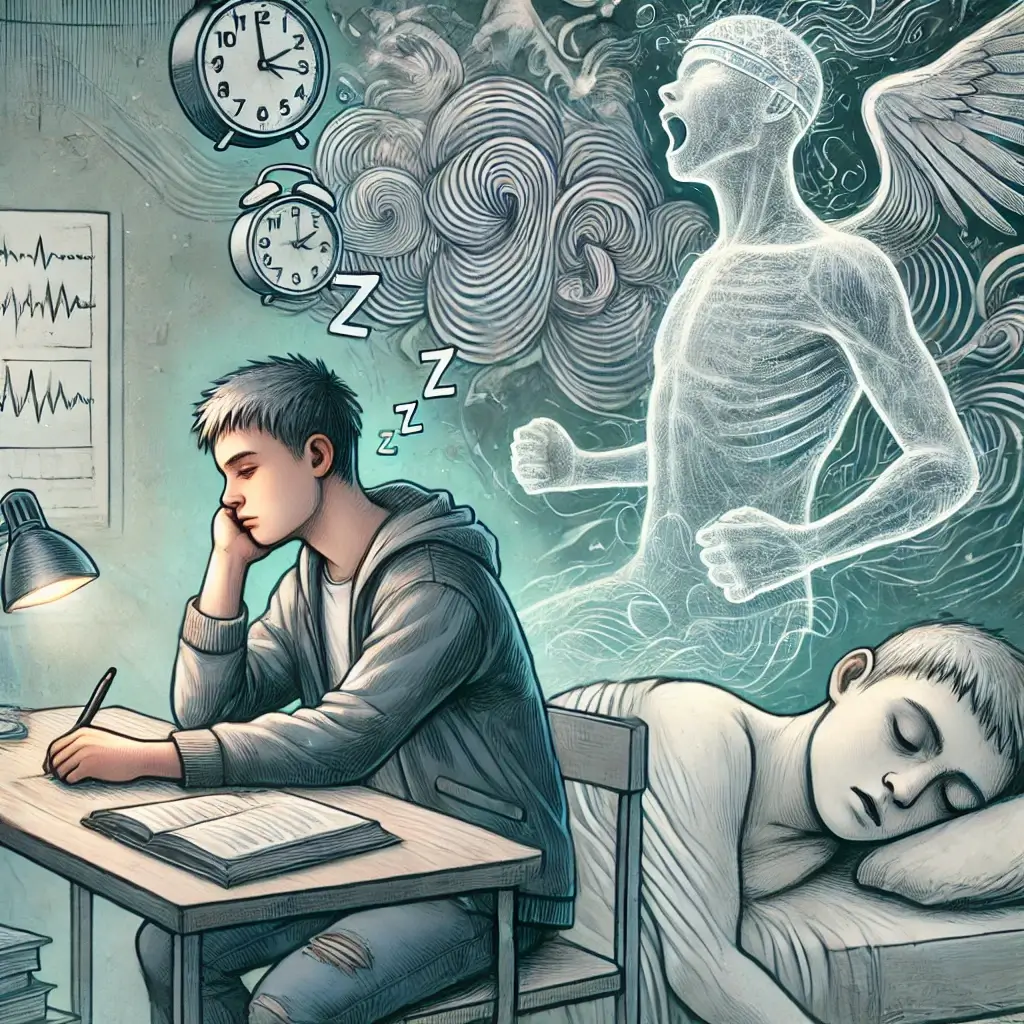Understanding Sleep Apnea Surgery
Obstructive sleep apnea (OSA) surgery is a surgical procedure performed to treat the condition.
The Root Cause
OSA is a sleep disorder caused by the muscles in the back of the throat relaxing and blocking the airway during sleep.
Health Impact
This can cause breathing to stop and start repeatedly, disrupting sleep and leading to a variety of health issues.
Statistics and Prevalence
According to the National Sleep Foundation, over 18 million adults in the United States suffer with sleep apnea. About 2 million of these adults suffer severe sleep apnea, the sort that is most likely to benefit from surgery.
Surgical Trends
The number of sleep apnea surgeries performed each year is unknown, but it is expected to be in the tens of thousands. As more people are diagnosed with the problem and new surgical techniques are developed, the number of people who have sleep apnea surgery is expected to rise in the future.
Common Surgical Procedures
There are several forms of sleep apnea surgery, but the most prevalent are:
Uvulopalatopharyngoplasty (UPPP): UPPP is a procedure that removes excess soft palate, uvula, and tonsil tissue. This aids in keeping the airway open during sleeping.
Maxillomandibular advancement (MMA) is a surgical treatment that advances the upper and lower jaws. This helps to open up the airway and keep it from collapsing while sleeping.
Tracheostomy: A tracheostomy is a technique that produces a hole in the neck through which a tube to assist breathing can be put. Tracheostomy is often reserved for those with severe OSA who have not responded to previous therapies.
Risk Assessment
Sleep apnea surgery is a serious procedure that has dangers such as hemorrhage, infection, and nerve injury. It can, however, be an effective treatment for OSA and enhance quality of life.
Medical Consultation
If you are thinking about having sleep apnea surgery, you should talk to your doctor about the risks and advantages of the treatment. They can advise you on whether surgery is the best decision for you.
Benefits of Surgery
The following are some of the advantages of sleep apnea surgery:
It has the potential to improve sleep quality and minimize daytime drowsiness.
It can lower the risk of sleep apnea-related health concerns such high blood pressure, heart disease, and stroke.
It has the potential to improve one’s quality of life.
Surgical Risks
There are, however, some hazards linked with sleep apnea surgery:
Infection from Bleeding
Damage to the nerves
Swallowing Difficulties
Voice change necessitates more surgery
Final Recommendation
If you are thinking about having sleep apnea surgery, you should talk to your doctor about the risks and advantages of the treatment. They can advise you on whether surgery is the best decision for you.





